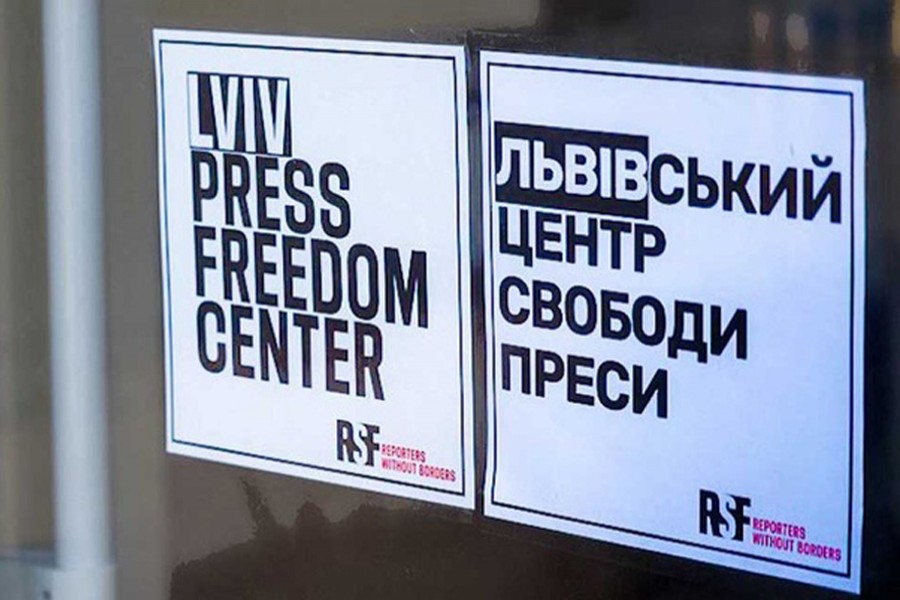Bangladesh has dropped 10 spots to rank 162nd out of 180 countries in terms of press freedom, according to the Reporters Without Borders, also known as Reporters sans frontières or RSF.
The ranking, included in the organisation’s 2022 World Press Freedom Index report and released on Tuesday, put Bangladesh in the category of countries with a “very serious” situation. The other categories are “good”, “satisfactory”, “problematic” and “difficult”.
In the 2021 index, Bangladesh’s position dropped by one notch to 152nd. Bangladesh was first included in the index in 2013, when it ranked 144th out of 180 countries.
The annual press freedom index, which has been compiled in some form since 2002, is based on pooling responses to a questionnaire sent out by Reporters Without Borders to media professionals, lawyers and sociologists.
RSF said it used a new methodology for the latest index that defines press freedom as “the effective possibility for journalists, as individuals and as groups, to select, produce and disseminate news and information in the public interest, independently from political, economic, legal and social interference, and without threats to their physical and mental safety.”
In the country profile of Bangladesh, the organisation criticised the ruling Awami League, saying members and supporters of the party “often subject the journalists they dislike to targeted physical violence, while judicial harassment campaigns are carried out to silence certain journalists or force media outlets to close”.

“Most of the leading private media are owned by a handful of big businessmen who have emerged during Bangladesh’s economic boom. They see their media outlets as tools for exercising influence and maximising profits, and they prioritise good relations with the government over the safeguard of editorial independence. As a result, it is very often government representatives who decide who will be the guests on the evening talk shows on the privately-owned TV channels.
“The mainstream media never address the issue of religious minorities, although they number 10 million in Bangladesh. In the past decade, radical Islamist groups have waged extremely violent campaigns that have led to journalists being murdered. These groups now use social media to track down journalists who defend secularism, the right to alternative opinions or religious freedom,” RSF said in the profile.
“Exposed to police violence, attacks by political activists and murders orchestrated by Jihadist or criminal organisations, Bangladeshi journalists are all the more vulnerable because this violence goes unpunished,” it said, criticising the government over the Digital Security Act, which is “often used to keep journalists and bloggers in prison, in appalling conditions”.
“And in a profession that is still predominantly male, women journalists are exposed to a deeply rooted culture of harassment and are subjected to online hate campaigns when they try to defend their rights.”



